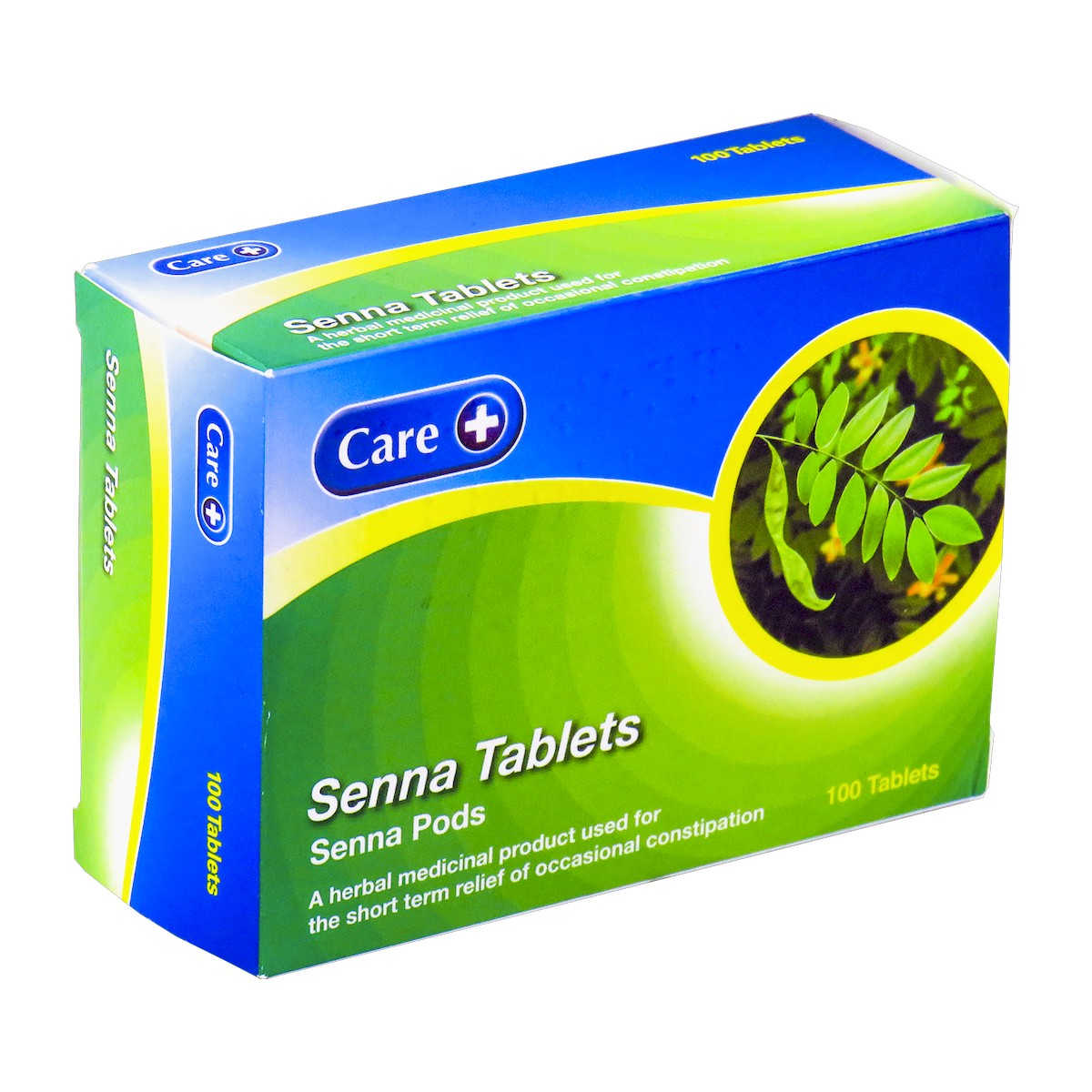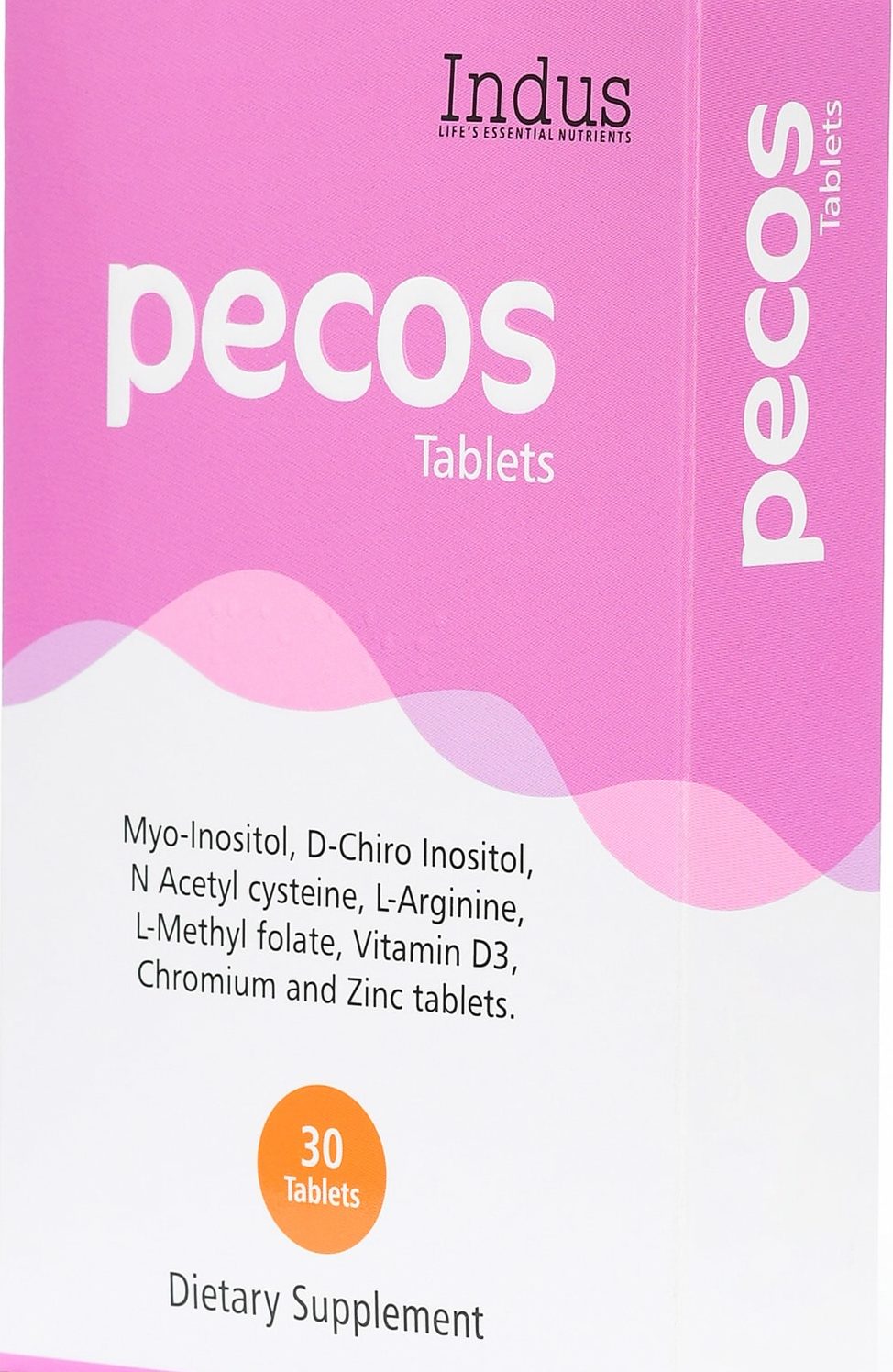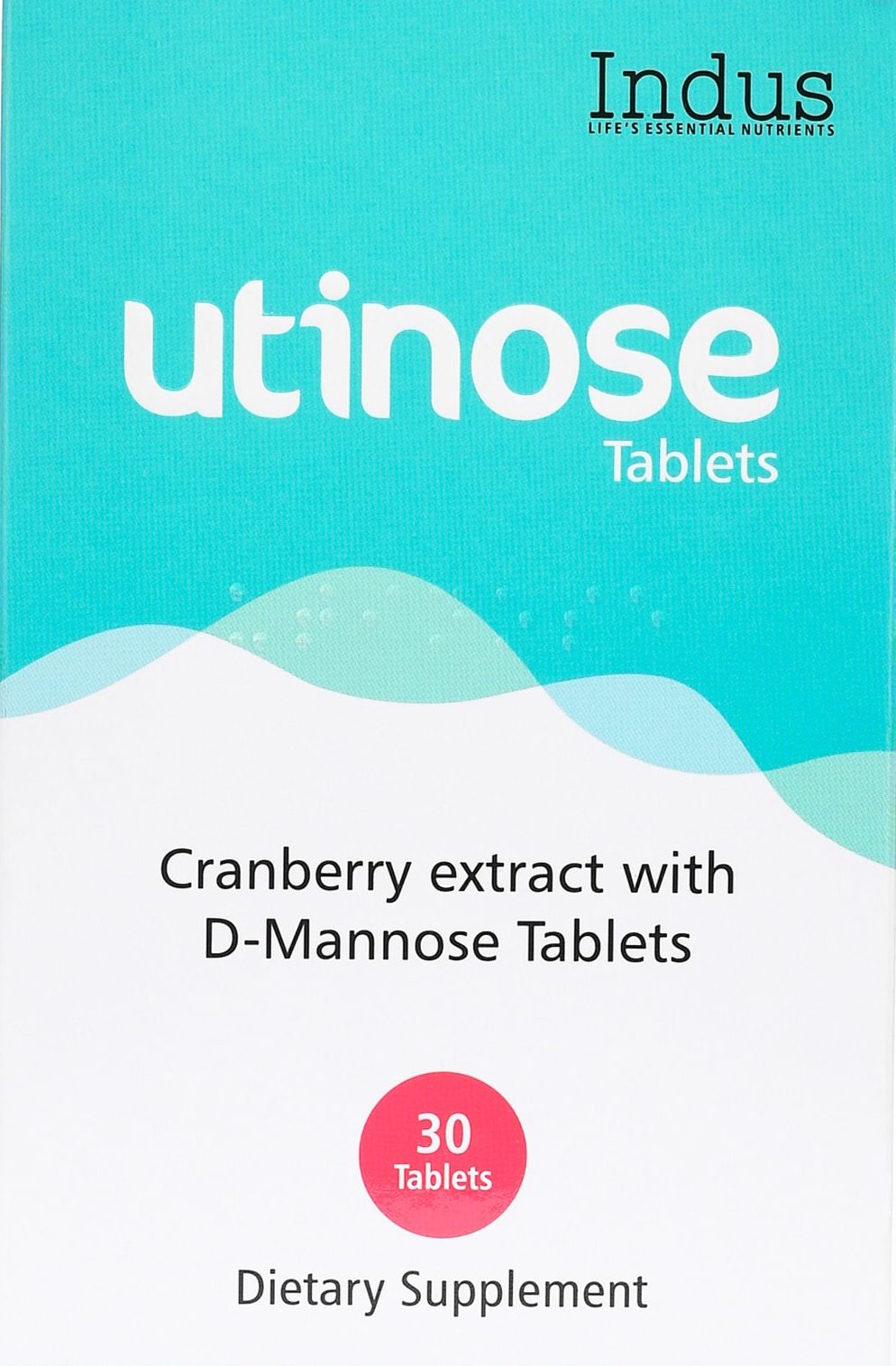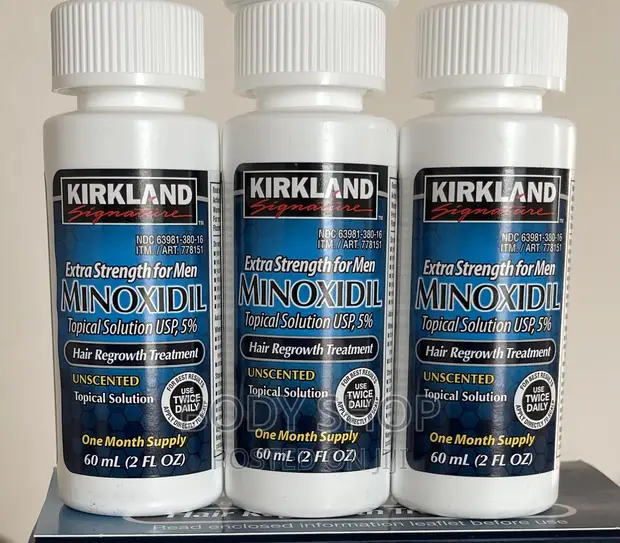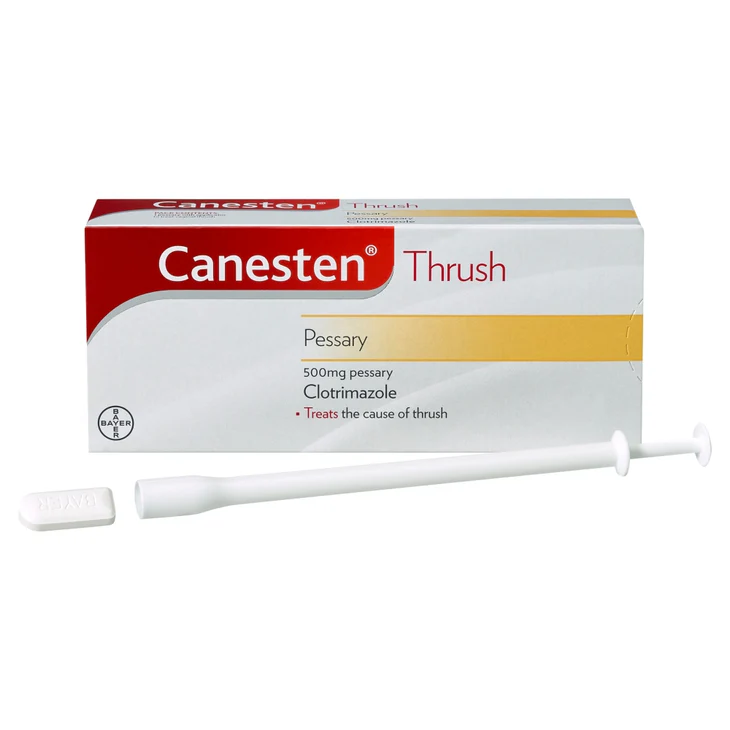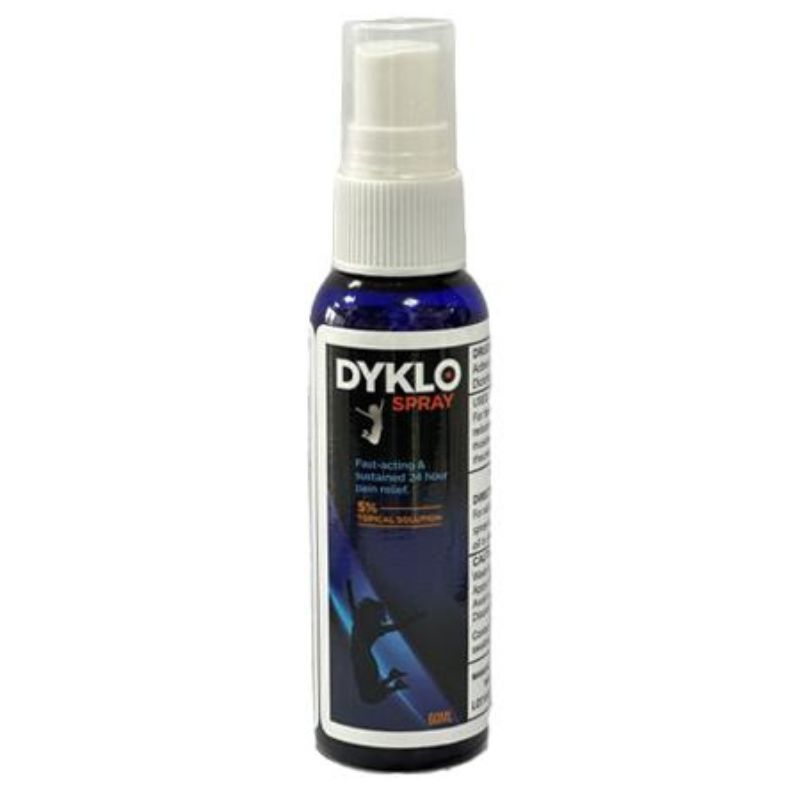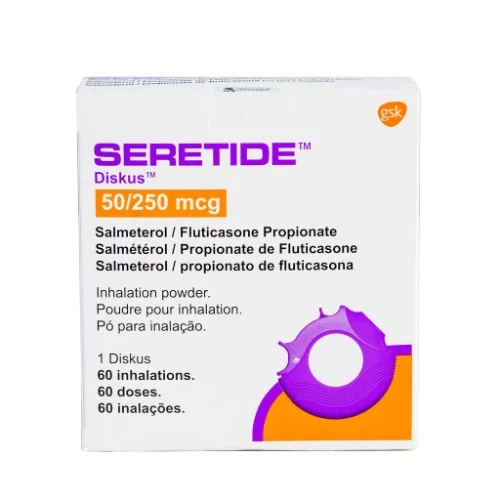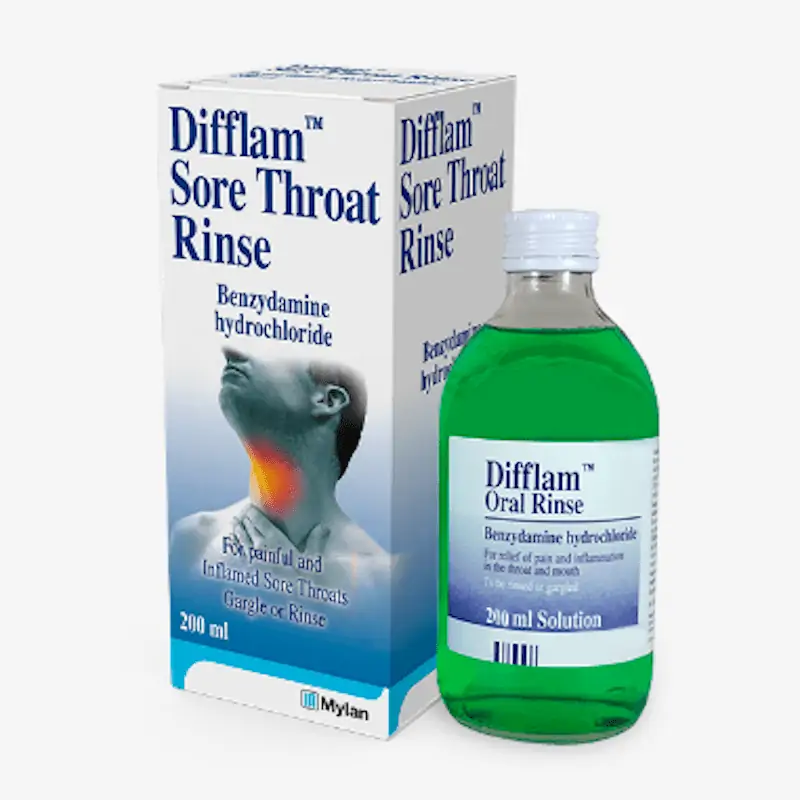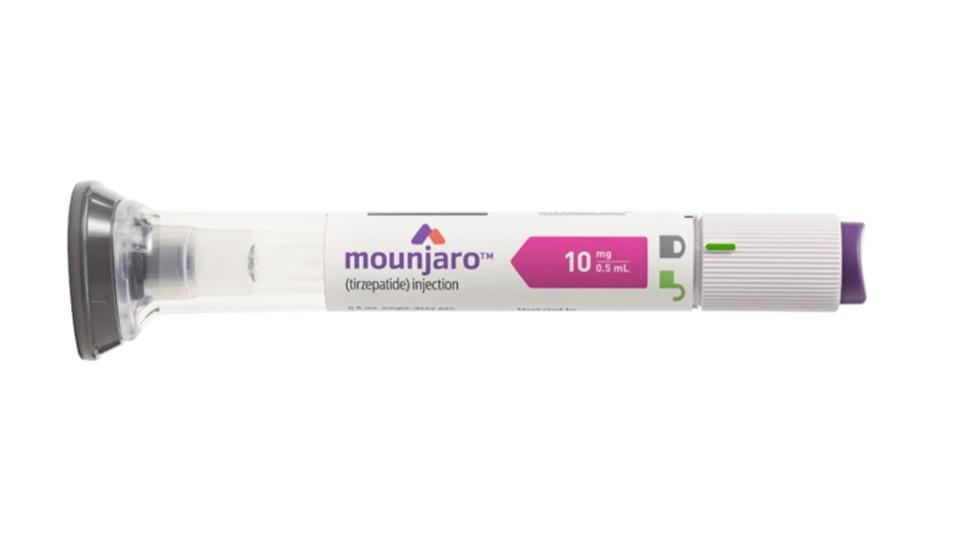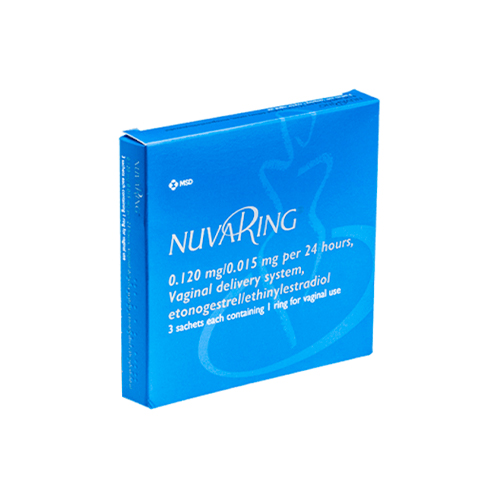No products in the cart.
Senna Laxative Tablets
₵
-
 Get 10% discount on your next order. Order now to qualify.
Get 10% discount on your next order. Order now to qualify.
-
 Get 20% cashback on apple app store. Use code P056
Get 20% cashback on apple app store. Use code P056
DELIVERY & RETURNS
Free shipping offer on Pilldoctor and get exclusive offers.
Location
-

Door Delivery Fastest delivery to the door for only 2 days. Don't miss exclusive offer.
-

Pickup Station Fastest delivery to the door for only 2 days. Don't miss exclusive offer.
-

Return Policy Fastest delivery to the door for only 2 days. Don't miss exclusive offer.
Description
Senna is a natural medicine containing sennosides that are derived from the leaves of the senna plant. Sennosides irritate the lining of the bowel causing a laxative effect.Senna has been used in alternative medicine as a laxative and an aid to treat constipation.Not all uses for senna have been approved by the FDA. It should not be used in place of medication prescribed for you by your doctor.Senna is often sold as an herbal supplement. There are no regulated manufacturing standards in place for many herbal compounds and some marketed supplements have been found to be contaminated with toxic metals or other drugs. Herbal/health supplements should be purchased from a reliable source to minimize the risk of contamination.
Important information
Not all uses for senna have been approved by the FDA. Senna should not be used in place of medication prescribed for you by your doctor.
Senna is often sold as an herbal supplement. There are no regulated manufacturing standards in place for many herbal compounds and some marketed supplements have been found to be contaminated with toxic metals or other drugs. Herbal/health supplements should be purchased from a reliable source to minimize the risk of contamination.
Use senna as directed on the label, or as your healthcare provider has prescribed. Do not use this product in larger amounts or for longer than recommended.
Call your healthcare provider if your symptoms do not improve, or if they get worse while using senna. Do not use this product for longer than 1 week without the advice of a healthcare provider.
Before taking this medicine
Ask a doctor, pharmacist, herbalist, or other healthcare provider if it is safe for you to use senna if you have:
- a bowel disorder such as Crohn’s disease or ulcerative colitis;
- heart disease; or
- stomach pain, nausea, or vomiting.
It is not known whether senna will harm an unborn baby. Do not use this product without medical advice if you are pregnant.
It is not known whether senna passes into breast milk or if it could harm a nursing baby. Do not use this product without medical advice if you are breast-feeding a baby.
Some forms of senna are made for use by children. Do not give any herbal/health supplement to a child without the advice of a doctor.
Uses & Effectiveness
Likely Effective for
- Constipation. Taking senna by mouth is effective for short-term treatment of constipation. Senna is an FDA-approved nonprescription drug for adults and children ages 2 years and older. However, in children ages 3-15 years, mineral oil and a medication called lactulose might be more effective than taking senna. Senna also appears to be effective for treating constipation when used in combination with psyllium or docusate sodium. In elderly people, senna plus psyllium is more effective than lactulose for treating ongoing constipation. Senna plus docusate sodium is effective for treating constipation in the elderly and in people who have undergone anorectal surgery. Taking senna appears to be as effective as lactulose, psyllium, and docusate for relieving constipation in people taking opioids or loperamide.
Possibly Effective for
- Bowel preparation before colonoscopy. Taking senna by mouth is as effective as castor oil and bisocodyl for bowel preparation. Some evidence suggests that senna is also at least as effective as polyethylene glycol for bowel preparation. However, conflicting evidence exists. It is unclear if taking senna with polyethylene glycol is more effective than taking polyethylene glycol alone. Senna appears to be less effective than sodium phosphate for bowel cleansing. However, taking a combination of senna, sodium picosulfate, and polyethylene glycol appears to be more effective than sodium phosphate for bowel preparation prior to colonoscopy. Using a combination of senna, mannitol, saline solution, and simethicone, before imaging of the bowel with a special capsule that is swallowed, seems to be more effective than using the same regimen without the senna.
Possibly Ineffective for
- Diagnostic imaging. Taking senna by mouth does not appear to improve imaging of abdominal organs.
Insufficient Evidence for
-
- Hemorrhoids.
- Irritable bowel syndrome (IBS)
- Losing weight.
- Surgery of anus or rectum.
- Tears in lining of anus (anal fissures).
- Other conditions.
More evidence is needed to rate the effectiveness of senna for these uses.
How should I take Senna?
When considering the use of herbal supplements, seek the advice of your doctor. You may also consider consulting a practitioner who is trained in the use of herbal/health supplements.
If you choose to use senna, use it as directed on the package or as directed by your doctor, pharmacist, or other healthcare provider. Do not use more of this product than is recommended on the label.
Senna is usually taken before bed to produce a bowel movement 6 to 12 hours later when you wake up.
Measure liquid senna with a special dose-measuring spoon or medicine cup, not with a regular table spoon. If you do not have a dose-measuring device, ask your pharmacist for one.
Do not use different formulations of senna (such as tablets and liquid) at the same time without medical advice. Using different formulations together increases the risk of an overdose of senna.
Call your healthcare provider if your symptoms do not improve, or if they get worse while using senna. Do not use this product for longer than 1 week without the advice of a healthcare provider.
Store senna at room temperature away from moisture, heat, and light.
Senna side effects
Get emergency medical help if you have any of these signs of an allergic reaction to senna: hives; difficulty breathing; swelling of your face, lips, tongue, or throat.
Call your healthcare provider at once if you have a serious side effect such as:
- severe stomach pain, severe diarrhea, watery diarrhea;
- weight loss;
- worsening constipation after you stop taking senna;
- enlargement of your fingers and toes;
- low potassium (confusion, uneven heart rate, extreme thirst, increased urination, leg discomfort, muscle weakness or limp feeling); or
- nausea, upper stomach pain, itching, loss of appetite, dark urine, clay-colored stools, jaundice (yellowing of the skin or eyes).
Less serious senna side effects may include:
- stomach cramps, bloating, gas, mild diarrhea;
- numbness or tingly feeling;
- joint pain; or
- discolored urine.
This is not a complete list of side effects and others may occur. Tell your doctor, pharmacist, herbalist, or other healthcare provider about any unusual or bothersome side effect.
Special Precautions and Warnings
Pregnancy and breast-feeding: Senna is POSSIBLY SAFE during pregnancy and breast-feeding when taken by mouth, short-term. It is POSSIBLY UNSAFE when taken by mouth long-term or in high doses. Long-term, frequent use, or use of high doses has been linked to serious side effects including laxative dependence and liver damage.
Although small amounts of senna cross into breast milk, it doesn’t seem to be a problem for nursing babies. As long as the mother uses senna in recommended amounts, senna does not cause changes in the frequency or consistency of babies’ stools.
Electrolyte disturbances, potassium deficiency: Overuse of senna can make these conditions worse.
Dehydration, diarrhea or loose stools: Senna should not be used in people with dehydration, diarrhea, or loose stools. It can make these conditions worse.
Gastrointestinal (GI) conditions: Senna should not be used by people with abdominal pain (either diagnosed or undiagnosed), intestinal blockage, Crohn’s disease, ulcerative colitis, appendicitis, stomach inflammation, anal prolapse, or hemorrhoids.
Heart disease: Senna can cause electrolyte disturbances and might make heart disease worse.
Dosing
The following doses have been studied in scientific research:
ADULTS
BY MOUTH:
- For constipation: For general constipation, the usual dose is 17.2 mg daily. Don’t take more than 34.4 mg twice daily. In elderly people, 17 mg daily has been used. For constipation following pregnancy, 28 mg in 2 divided doses has been used.
- For bowel preparation: Doses of senna containing 75 mg or sennosides taken the day before colonoscopy, or 120-150 mg taken once or twice the day before colonoscopy, have been used.
CHILDREN
BY MOUTH:
- In children age 12 and over, the usual dose is 2 tablets, with 8.6 mg sennosides per tablet, once daily. The maximum dose is 4 tablets (34.4 mg sennosides) twice daily. In children ages 6 to 11 years, the usual dose is 1 tablet (8.6 mg sennosides) daily. The maximum dose is 2 tablets (17.2 mg sennosides) twice daily. In children ages 2 to 5 years, the usual dose is 1/2 tablet (4.3 mg sennosides) daily. The maximum dose is 1 tablet (8.6 mg sennosides) twice daily.
Product Ratings
Highest Ratings
There are no reviews yet.
Rate

